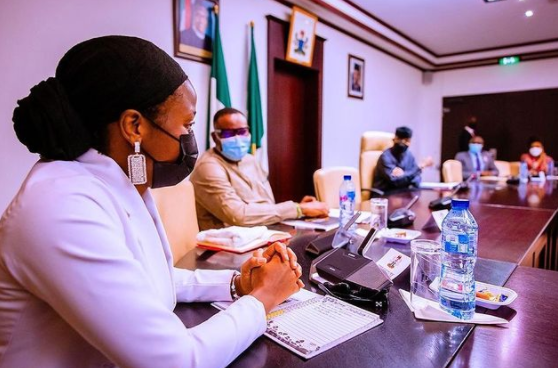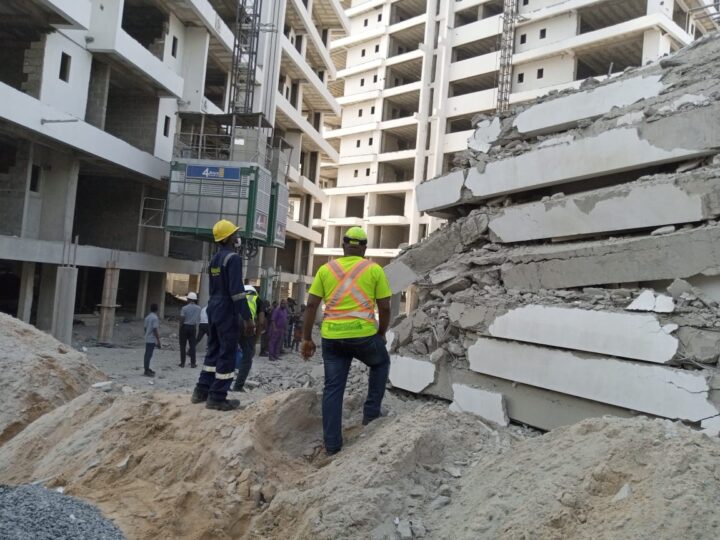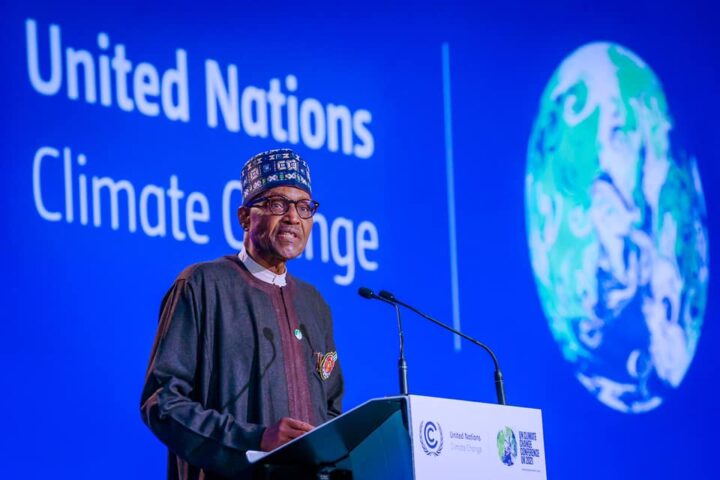The frequent industrial actions and threats of it in the health sector may sometimes seem downright difficult to rationalise, particularly in a time when the country – like the rest of the world – is reeling from the devastating effects of Covid-19. But the clear funding deficits over the years that fuel the health workers’ discontent are just too difficult to discountenance. The chasm between expectations in relation to service delivery at public health facilities and the abject reality is often reflective of this funding deficit.
As the prolonged strike by resident doctors had shown, the discontent persists also because the official reaction is almost always laced with platitudes, lacking any strong will whatsoever to fulfil promises made. So, any real intention to solve the lingering crisis in Nigeria’s health sector should proceed from the realization that institutions’ efficiency is to a great extent directly proportional to the degree of support received from the state.
Governor Ifeanyi Ugwuanyi recognizes this imperative. That explains why he is resolute in addressing the funding deficits that have for decades plagued public healthcare and crippled its capacity to cater to basic health needs and respond to emergency situations as it should.
It is the reason also why members of the Joint Health Sector Union (JOHESU) in Enugu state embarked on a thank-you visit to the Enugu state government house recently. That visit was particularly significant, as it occurred at a time the association’s central organ in Abuja was serving notice of its intention to call for a strike if the federal government failed to implement a list of demands.
Advertisement
The visit was informed by the Ugwuanyi administration’s 60% upward review of the Consolidated Health Salary Structure (CONHESS) for health professionals and workers in Enugu state. So, members of the union had come to commend the governor for its implementation. The public acclaim may indeed be another proof yet of the attention the governor has devoted to the health sector. But the motivation is not in any way exhibitionist. It is to a large extent shaped by the need to create a robust response to Covid-19, for nothing in recent history has burdened public healthcare globally as the pandemic has done.
However, it seems prescient that much of the extensive rehabilitation of public health facilities in Enugu State actually began several months before the outbreak. Such foresight stems from his conviction that it is always better to take actions to curb possible future social crises even when the risk of one occurring is minimal.
It was on this premise that the Enugu state universal health scheme was launched.
Advertisement
The launch of universal health coverage in the state is also anchored on the drive to make quality healthcare affordable and accessible to a larger population. The extensive rehabilitation and construction of primary and tertiary health facilities – of which the ongoing projects at ESUT teaching hospital’s permanent site is the crowning glory – also derives from that vision.
Sitting on hectares of land away from the unsettling bustle of the city, the unfolding Enugu State University of Science and Technology Teaching Hospital and college of medicine has left visitors awestruck and drawn praise from no less a personality than Prof. Obinna Onodugo, chief medical director of the University of Nigeria Teaching Hospital. “This is just fantastic. Kudos to the governor of this state. This is visionary. The bed-to-toilet ratio is right. Everything is to standard as recommended by the World Health Organization,” he said during an inspection visit by UNTH’s management team.
Such high standards are not only evident in tertiary health projects; they are just as evident in primary health facilities, even those sited in remote rural locations. It is so because the governor believes that good service delivery and high standards should not be adhered to in cities, and disregarded in rural communities where media scrutiny is limited. This policy helps ensure that residents of rural communities are not compelled to travel to larger towns and cities for medical treatment that should, ordinarily, be available at primary health centres.
To achieve this, the Ugwuanyi administration has committed vast sums to upgrade existing primary health centres and build new ones, all comprising residential quarters for doctors and nurses. The absence of residential quarters is often the reason doctors are hardly available at rural facilities, as they often have to shuttle between their rural workplace and their residence in the state capital. But living within the premises of health centres’ in secure and dignifying apartments eliminates the doctor-absenteeism that was usually the norm.
Advertisement
The sheer scale and significance of those projects are indicative of the level of development the health sector would have attained had they over the years received as much attention as the Governor Ugwuanyi administration has devoted to their upgrade. Indeed, the Ugwuanyi administration’s investment in health is to such an extent that the National Bureau of Statistics listed Enugu among 10 states with the most expenditure on health, in 2020. This was despite the adverse impacts of the Covid-19 pandemic, which saw a massive scale-down of capital projects by state governments.
It is instructive that the Enugu state chairman of JOHESU, Ezekiel Omeh, alluded to this during the association’s thank-you visit: “We are aware that in the previous times before your coming in as governor, the economy was good enough to implement CONHESS for us but our agitations for it then resulted in giving us more pains than relief.”
The aberration implicit in failing to invest in critical sectors in times of plenty is not just limited to the welfare of health workers. It is just as apparent in education and the condition of rural areas, where an obsession for the fleeting fizz of concrete deflects attention from what new building projects are actually worth, without a commensurate installation of teaching aids and medical equipment, or upgrade in the well-being of teachers, doctors and nurses. Investing in these yields a lasting impact. It is the reason workers in those sectors celebrate Ugwuanyi.
Ani is a senior communications aide to the governor of Enugu state
Advertisement
Views expressed by contributors are strictly personal and not of TheCable.







